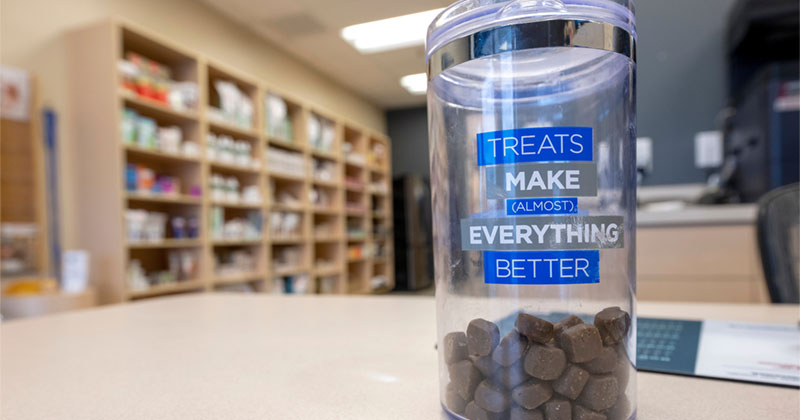
Vaccinating your pet is a critical step in safeguarding their health. Vaccines not only protect against life-threatening illnesses but also help prevent diseases that can be transmitted by wildlife or even spread to humans. Starting vaccinations early, when pets are puppies and kittens, ensures their developing immune systems are protected from harmful diseases.
While all medical treatments carry some level of risk, the benefits of vaccinations far outweigh the rare and typically mild side effects. Your veterinarian will explain what to monitor after your pet is vaccinated and answer any questions you may have.
Puppies and kittens are usually protected from infectious diseases by their mother’s milk provided she has been adequately vaccinated. However, this protection only lasts for a short while.
Dogs should be routinely vaccinated against:
If your dog is going to be spending time in kennels, groomed, or having play dates with other dogs, then you should also inquire about getting them vaccinated against Bordetella and Canine Influenza (CIV), as they are more prevalent in these environments. Other vaccinations, such as a lyme vaccine, may be recommended based on your dog's lifestyle.
Cats should be routinely vaccinated against:
Current guidelines recommend that only ‘at risk’ cats are vaccinated against feline leukemia virus. Those deemed at risk include kittens, immune-compromised cats, and cats which will be allowed outdoors.
Delaying vaccines could leave your pet vulnerable during a critical period. By following a consistent vaccination schedule, you can provide your pet with the best chance to stay healthy and protected.
Schedule your pet’s vaccinations today to protect your pet from preventable diseases. Request an appointment online or call us at (317) 516-5921 to get started.

Celebrate Pet Dental Month
Dental care plays a vital role in your pet’s overall wellness — and now is the perfect time to schedule:

Pet Prime Memberships
Choose a Pet Prime® Membership to help ensure your pet receives regular immunizations to protect against these serious, and sometimes deadly, diseases.
A Pet Prime membership includes:
If you’d like to contact us, call us at 317-516-5921 or request an appointment online.
Follow us on social media: